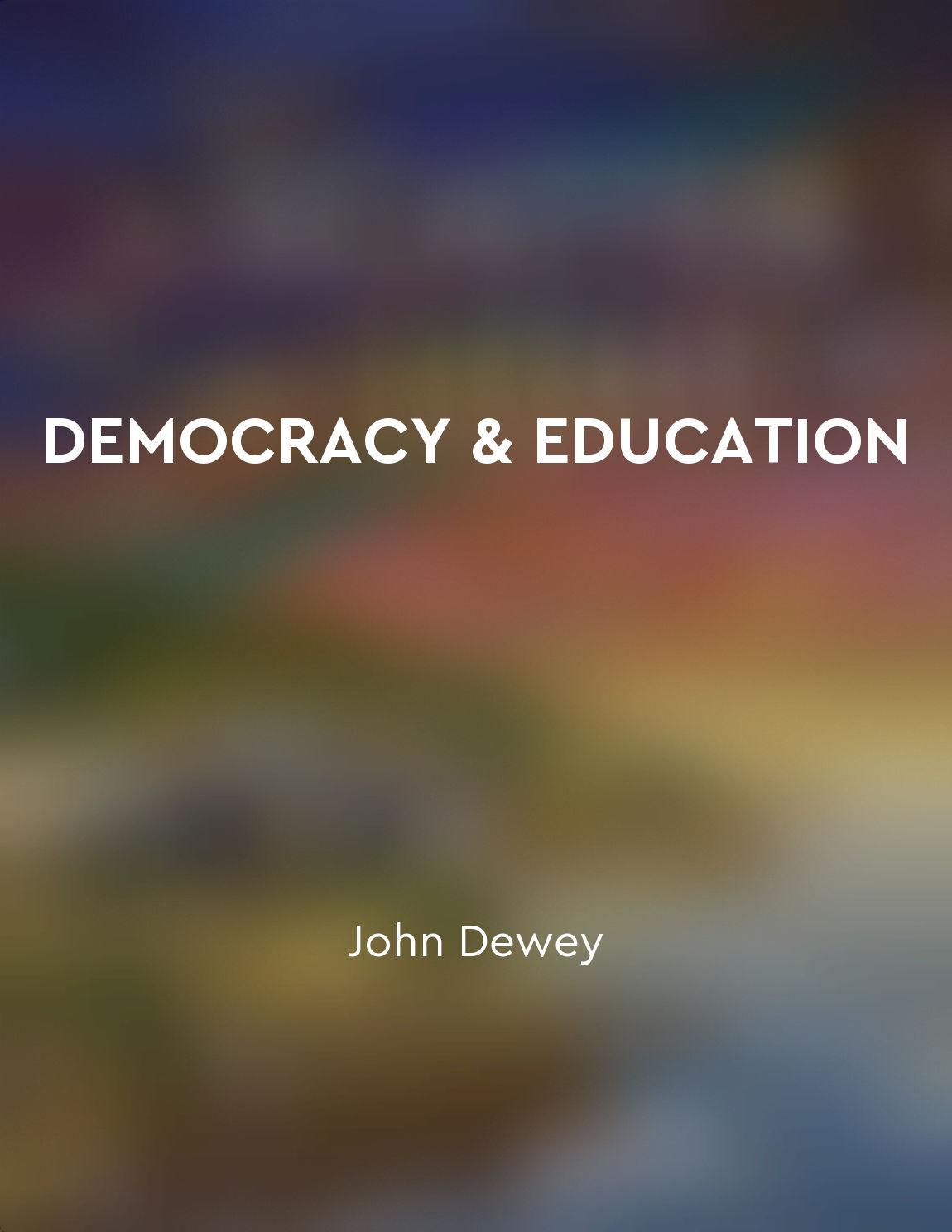Transformative nature of education from "summary" of The Student Guide to Freire's 'Pedagogy of the Oppressed' by Antonia Darder
Education is not merely about transmitting information from teacher to student; it is about transforming individuals and society as a whole. This transformative nature of education lies at the heart of Paulo Freire's Pedagogy of the Oppressed. Freire believed that education should not be a one-way process where the teacher deposits knowledge into the passive minds of students. Instead, he argued for a more interactive and participatory approach to learning, where students are actively engaged in the process of critical thinking and reflection. According to Freire, education should empower individuals to critically examine the world around them and to take action to change it for the better. This process of critical consciousness, or "conscientization," is essential for overcoming oppression and creating a more just and equitable society. Through dialogue and reflection, students can develop a deeper understanding of the social and political forces that shape their lives, and can work tog...Similar Posts
Recognizing cultural context in learning
Understanding the cultural context in which learning takes place is crucial for effective education. Cultural context refers to...
The politics of education influence students' agency and voice
The ways in which education is structured and governed are not neutral. They are deeply political, reflecting the distribution ...

Democracy thrives on diversity
The very life of democracy depends upon its capacity to foster and maintain diversity within its body. Diversity is not somethi...
Teachers can empower students through critical pedagogy
Critical pedagogy is a powerful tool that teachers can use to empower their students. By critically examining the structures of...
Multiple perspectives inform actions
The process of educational change is complex and multifaceted, requiring a deep understanding of the various perspectives at pl...
